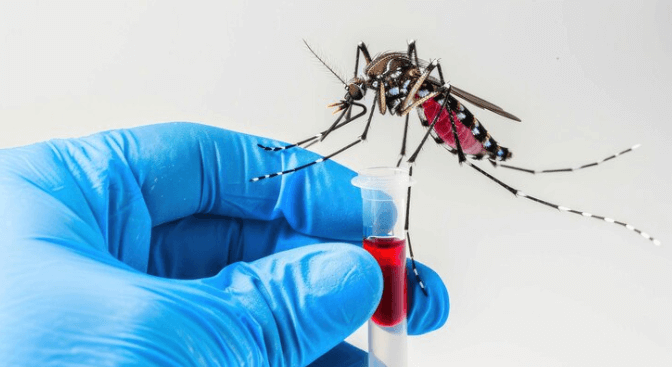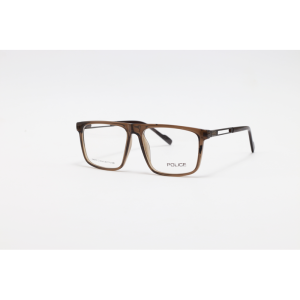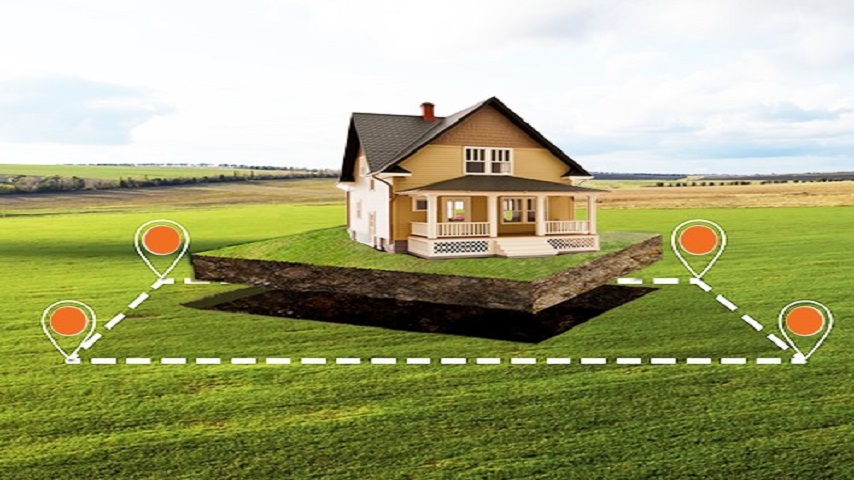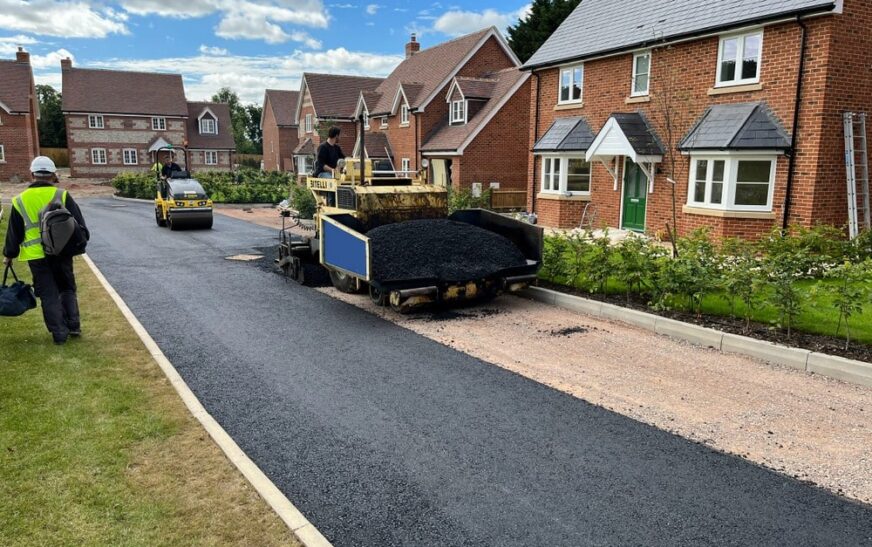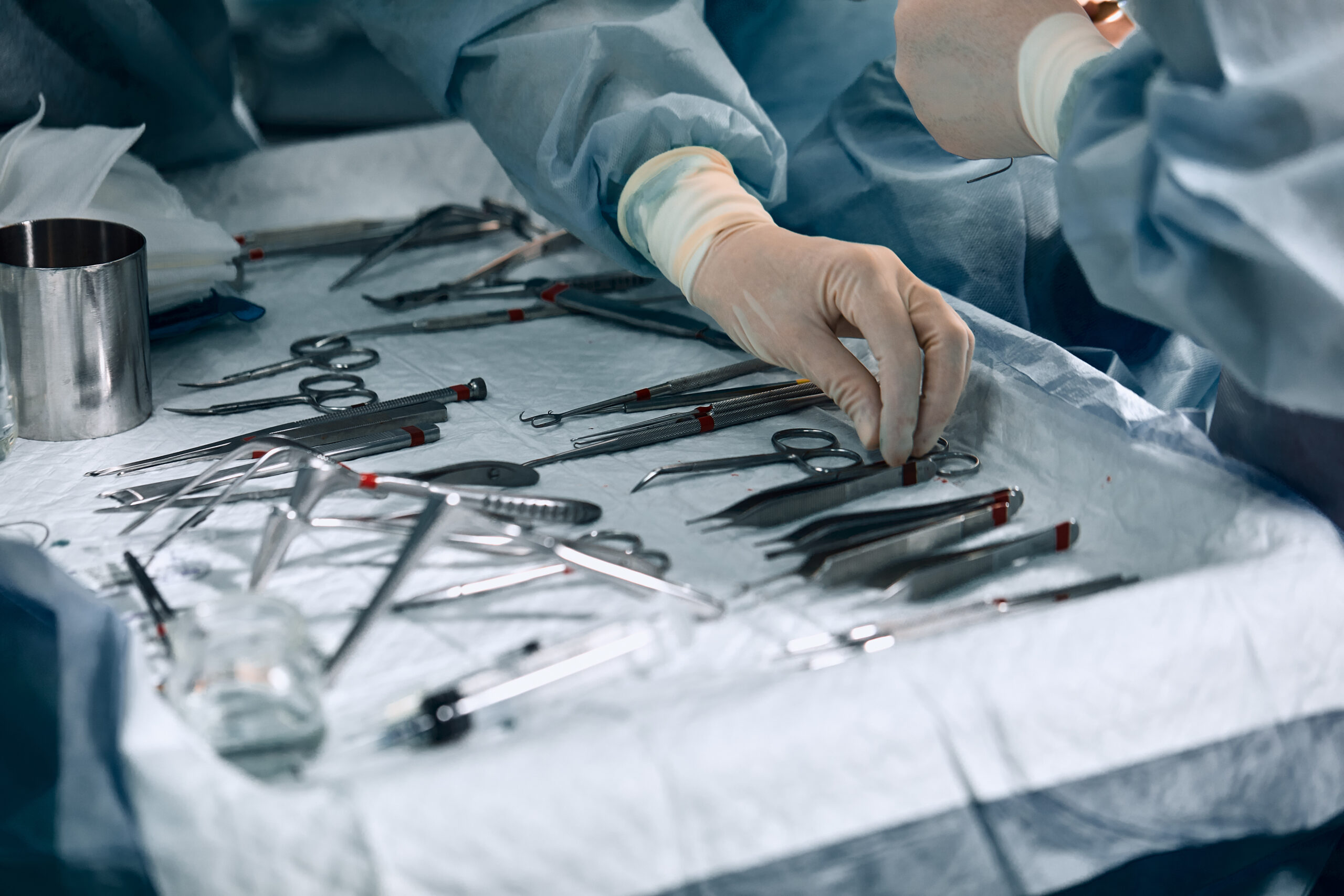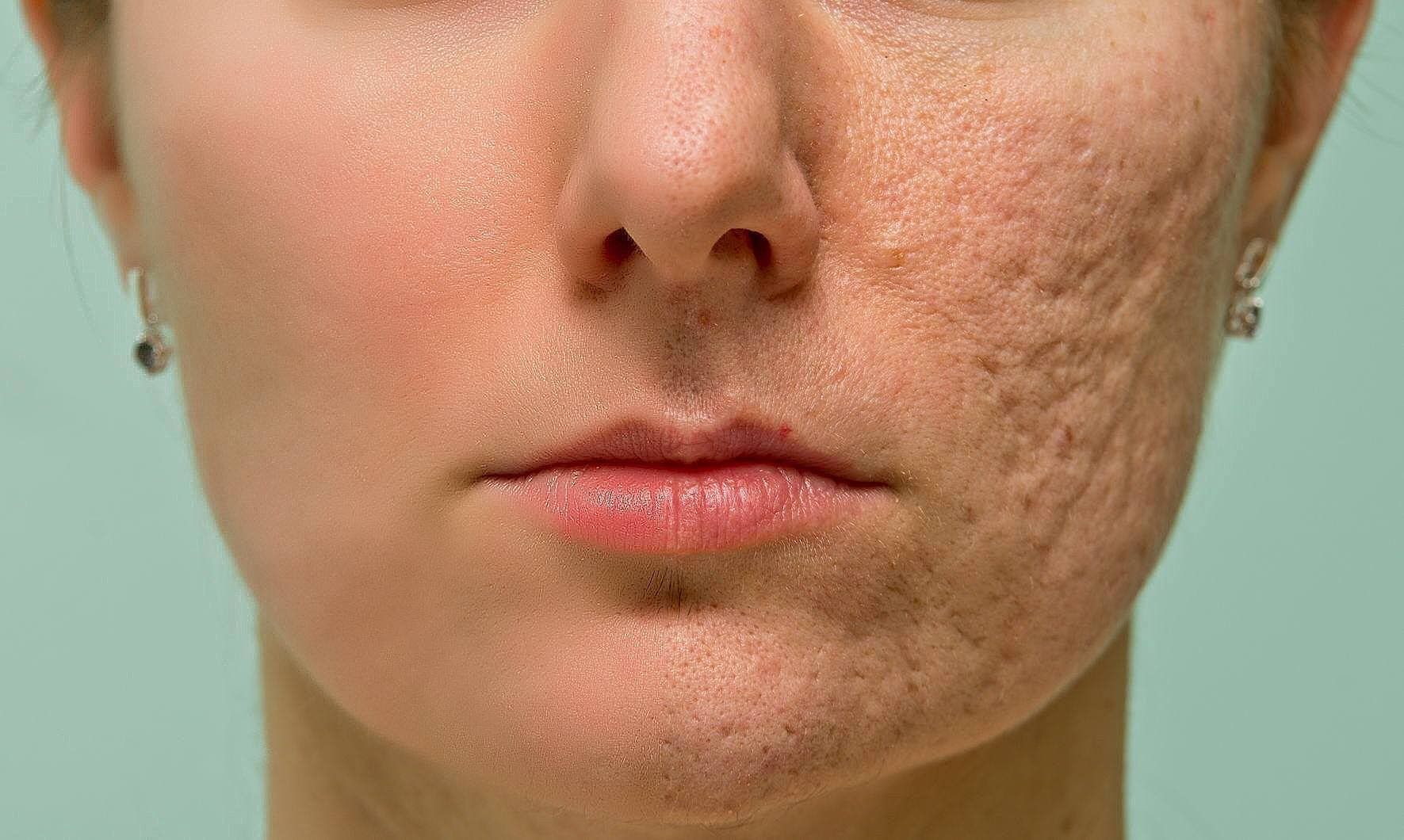Dengue fever is a mosquito-borne illness that can cause high fever, severe headaches, joint and muscle pain, and rashes. Early diagnosis is critical to managing the disease effectively and preventing complications. If you suspect you might have dengue, getting the right test at the right time can make all the difference. If you’re looking for a dengue test, this guide will help you understand the different options available and choose the most appropriate one.
Types of Dengue Tests
1. NS1 Antigen Test
The NS1 Antigen Test is one of the earliest methods to detect dengue. It identifies the dengue virus’s non-structural protein (NS1) in the blood. This test is most effective within the first 4-5 days of fever onset.
For instance, when my neighbor in Delhi felt unwell with a high fever and headache, his doctor immediately recommended an NS1 test. The results helped confirm the diagnosis within 24 hours, enabling timely treatment.
2. Dengue IgM and IgG Antibody Tests
These tests measure the antibodies your body produces to fight the dengue virus.
- IgM Antibody Test: Detects recent infections, usually within 4-10 days after symptoms begin.
- IgG Antibody Test: Helps identify past infections and immunity.
These tests are particularly useful for confirming dengue after the fever phase. A friend of mine, who had lingering joint pain after recovering from dengue in Delhi, took these tests to rule out other complications.
ALSO READ THIS- How to Prepare for a Vitamin D Test
3. PCR Test (Polymerase Chain Reaction)
The PCR test is highly accurate and sensitive. It detects the genetic material of the dengue virus and is often recommended during the early stages of infection. However, it is more expensive than other tests and usually reserved for critical cases or research purposes.
4. Complete Blood Count (CBC)
Although not a direct dengue test, a CBC helps monitor dengue’s impact on the body. A drop in platelet count and a rise in hematocrit levels are typical signs of dengue. Doctors often recommend this test alongside other dengue-specific tests.
How to Choose the Right Test
If you’re in Delhi and unsure about which test to opt for, consider the following factors:
- Timing of Symptoms: If your fever just started, go for the NS1 test or PCR. If you’ve had symptoms for over a week, IgM and IgG antibody tests are more reliable.
- Doctor’s Recommendation: Always consult a healthcare professional before deciding. They will guide you based on your symptoms and medical history.
- Accessibility: Many diagnostic centers offering a dengue test in Delhi provide packages that combine tests like NS1, CBC, and antibody tests. These are both cost-effective and comprehensive.
Final Thoughts
Understanding the different types of dengue tests can help you act quickly and appropriately if you or someone you know shows symptoms. If you’re searching for a dengue test, ensure you choose a trusted diagnostic center with accurate and timely reporting. Early detection is key to beating dengue and staying safe.

